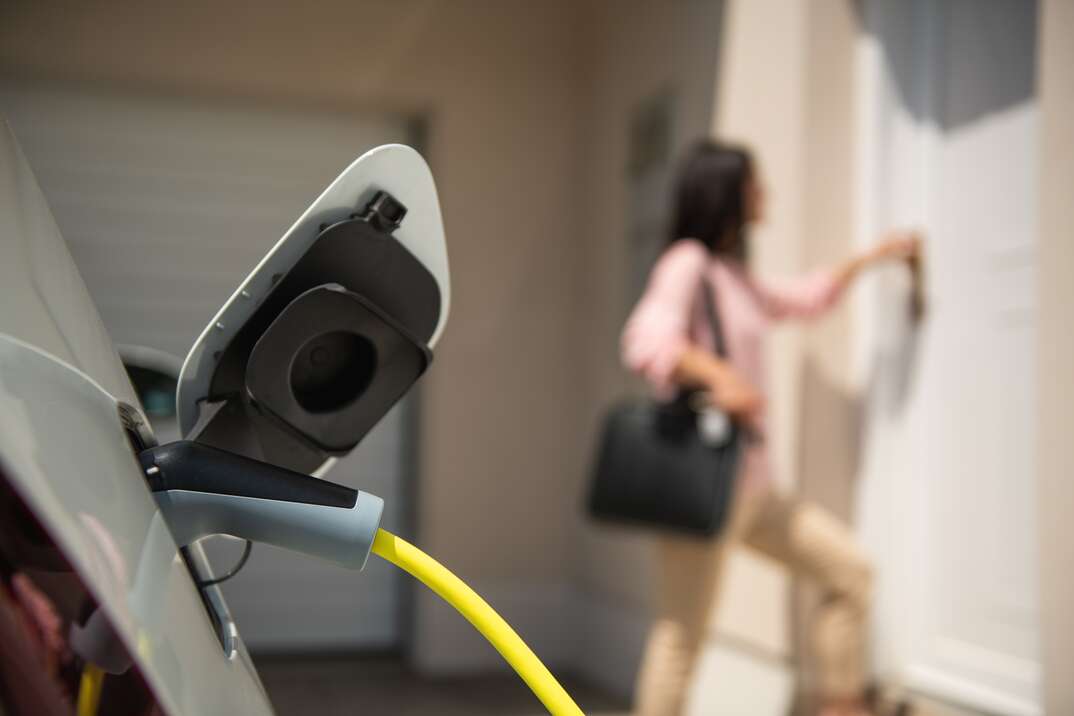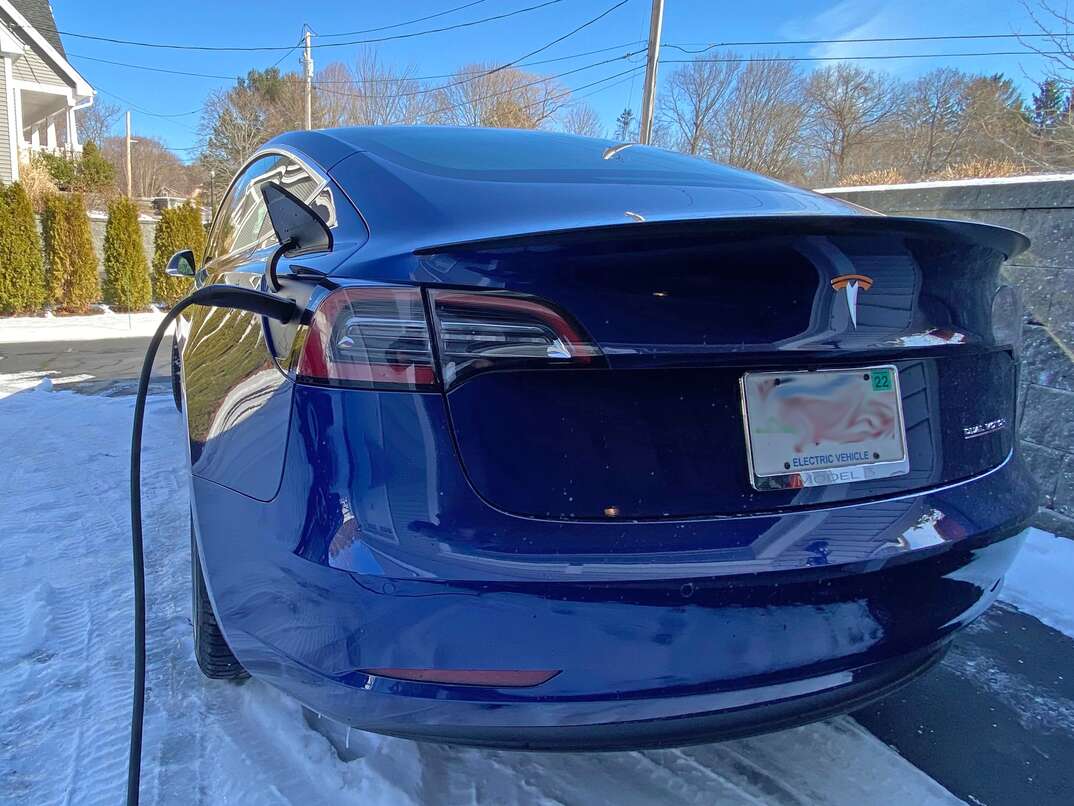What Is a Smart EV Charger and How Much Does One Cost?

Smart gadgets have increased in popularity recently, and the smart revolution extends to EV home charging stations.
This May Also Interest You: How Much Does It Cost to Install an Electric Car Charging Station?
A smart EV charger can make charging your electric vehicle more convenient and affordable. However, these units tend to cost more up front, so understanding the cost difference can help you make the best choice for your budget.
What Is a Smart EV Charger, and How Does It Differ From a Regular EV Charger?
Regular EV chargers have limited features — you simply plug your electric vehicle into your home charging system and leave it to charge. Smart charging, however, allows you greater control over your charging session by letting you choose when to charge your vehicle and how much energy it receives. These features can be handy if you want to take advantage of cheaper electricity rates during off-peak hours.
Smart EV chargers include wireless connectivity, which means they can communicate with your smart home systems and the electricity grid. Some models have solar modes that allow you to set the charge rate depending on how fast your solar energy system generates electricity. Many units also include load-balancing technology that enables them to reduce pressure on the grid by charging your car during low-demand periods. This feature prevents you from overloading the grid and causing tripped switches and other issues.
Bear in mind that not all smart chargers include the full range of smart features. It's worth checking which features each model includes to ensure your home EV charger meets your needs.
How Much Does a Smart EV Charger Cost Compared to a Non-Smart Home EV Charger?
As you might expect, smart charging stations are more expensive than regular EV chargers. Smart EV chargers start at around $600 (CAD 805) and can cost up to $2,350 (CAD 3,151) or more. The most affordable models tend to offer only basic features, such as charge scheduling. Meanwhile, pricier units often include advanced features, such as load-balancing technology, and typically offer longer warranties.
HomeGuide says regular Level 2 EV charging stations cost around $160 to $2,000 (CAD 215 to CAD 2,682) per unit. Level 2 chargers are popular because they charge a vehicle within 4 to 10 hours. Level 1 chargers are significantly cheaper at $80 to $180 (CAD 107), and you'll usually receive a free Level 1 charger with your vehicle. However, Level 1 chargers take significantly longer to charge your car.
You'll also need to pay for installation labor if you choose a smart EV charger or regular Level 2 charging station. Professional labor starts from around $400 (CAD 536) and can reach as high as $1,700 (CAD 2,280) or more for complex installations. You won't need a professional to install a Level 1 charger because you can plug the unit into a regular 120V outlet.
More Related Articles:
- How Will Installing an Electric Vehicle Charging Station Impact My Electric Bill
- Top 5 Home EV Chargers
- How Much Does Electricity Cost?
- How to Take Advantage of Time-of-Use Rates and Lower Your Electricity Bill
- How Much Electricity Do Holiday Lights Use?
Smart EV Charger Cost Considerations
You may need to invest in additional technology to get the most out of your smart EV charger. For example, installing solar panels allows you to take advantage of your unit's solar charging mode, and many smart EV chargers only run on solar power. According to Energy Sage, solar panel installation costs $20,650 (CAD 2,762) on average, with most homeowners spending between $17,430 and $23,870 (CAD 23,372 and CAD 38,712).
Your existing electrical system may require upgrades to accommodate a smart EV charger. Running wiring to your home charging station costs $6 to $8 (CAD 8 to CAD 11) per linear foot, while installing a dedicated 240V circuit and outlet costs between $300 and $800 (CAD 402 and CAD 1,073) on average. Expect to spend between $1,800 and $2,500 (CAD 2,414 and CAD 3,352) if you need to upgrade your electrical panel.
Depending on where you install your smart EV charger, you may need to purchase a Wi-Fi signal booster to connect it to the internet. Wi-Fi signal boosters usually cost between $20 and $80 (CAD 27 and CAD 107).
All CAD conversions are based on the exchange rate on the date of publication.
